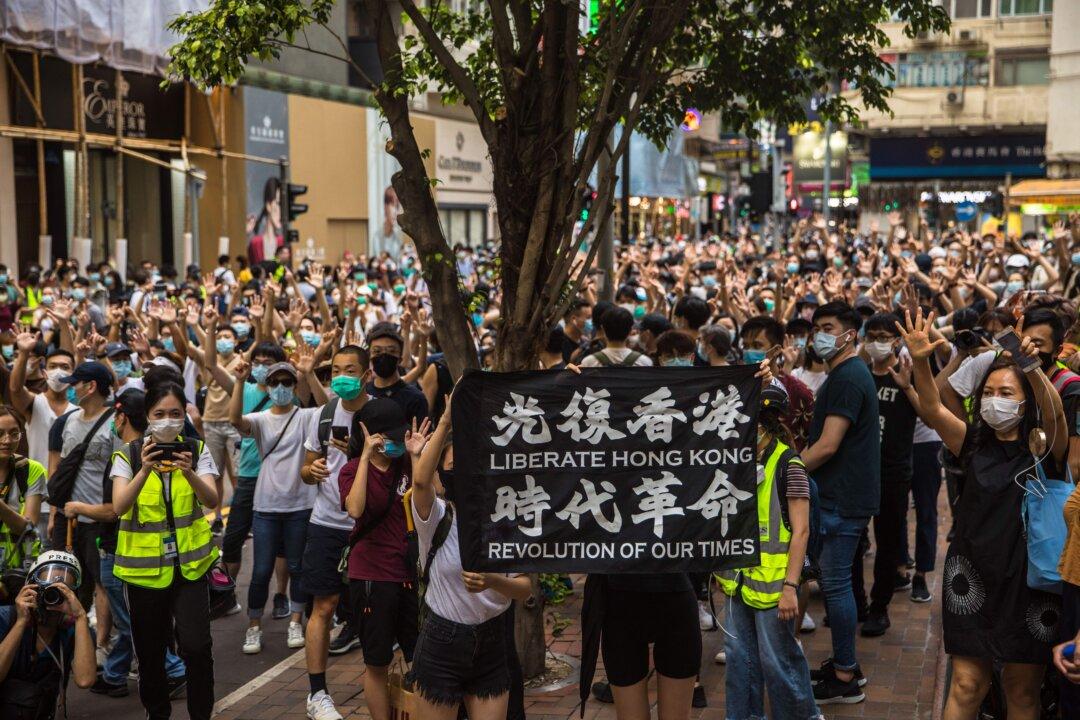Prime Minister Scott Morrison has discussed the option of providing specialised humanitarian visas for Hong Kong residents if the situation worsens under the Chinese Communist Party’s (CCP) rule.
Speaking on July 13 in an interview with Ray Hadley on 2GB, Morrison said the federal government hoped things would not deteriorate in Hong Kong, saying he wanted to see “peace and stability” and “liberty for those people who live in Hong Kong.”




